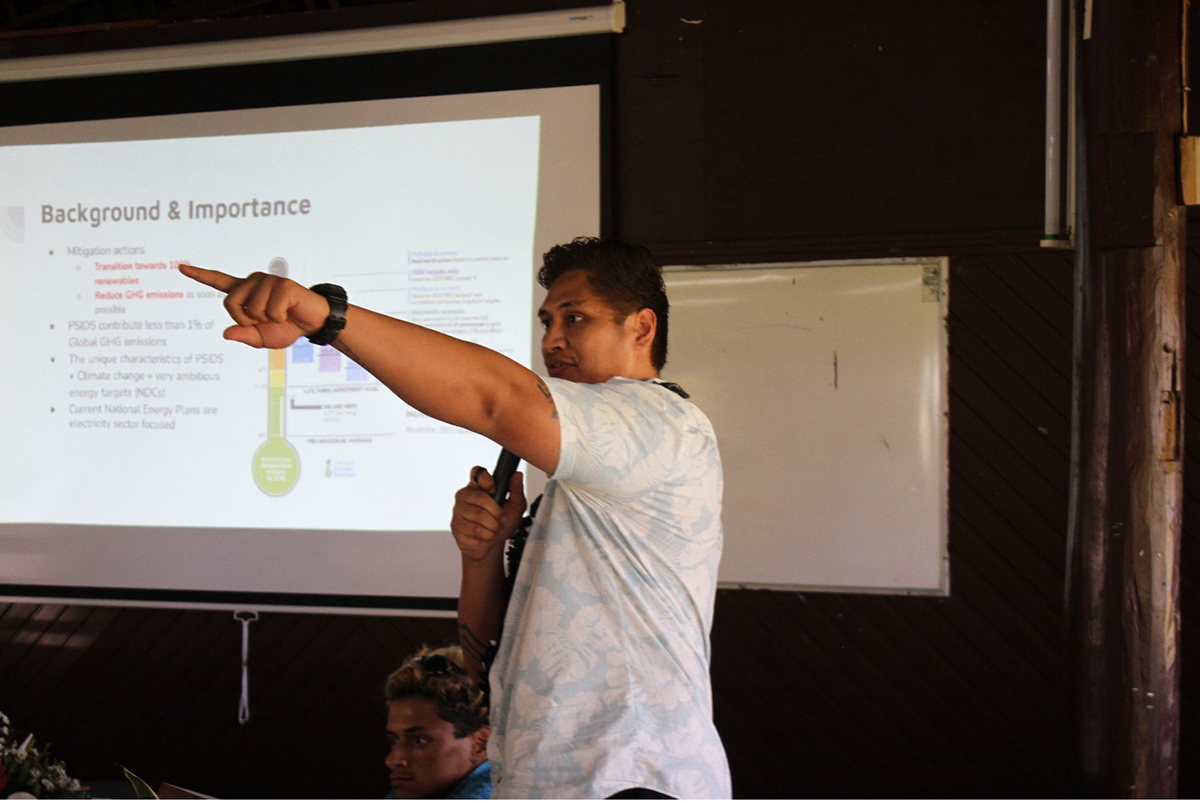Strikes, Broken Promises, and a Fading Future for Nigerian Students
September 10by Hannah Kumadi Wakawa
The Nigerian educational sector is faced with numerous challenges that permeate across various levels, with pupils at primary schools struggling with overcrowded classrooms, inadequate furniture, and insufficient learning materials, hindering their ability to learn effectively. Similarly, students at secondary level are faced with inadequate funding and poor infrastructure which continue to affect their academic progress. These challenges are not unique to the primary and secondary schools, but persist and evolve in tertiary institutions, where outdated curricula, inadequate research funding, and poor staff welfare and even brain drain further exacerbate the issues. The effect of these challenges undermines the overall quality of education, emphasizing the need for comprehensive reforms and strategic investments to revitalize the sector.
Given this backdrop, the Academic Staff Union of Universities (ASUU) has been at the forefront of advocating for reforms and improved funding for the education sector. ASUU’s efforts aim to address the systemic challenges plaguing Nigerian universities, including inadequate infrastructure, poor staff welfare, and lack of research funding. In its negotiations with the government, the union has tried to secure better working conditions for academic staff and improved learning environments for students.
In 2009, ASUU and the Federal Government of Nigeria (FGN) signed an agreement aimed at not just revitalizing the Nigerian university system but also improving the staff welfare. The agreement addressed critical issues such as funding, earned academic allowance, promotion, staff welfare, and university autonomy.
The agreement was signed to ensure the government’s commitment to increased funding for universities to allow for improvements to infrastructure, research facilities, and overall academic environment. It also sought to address the issue of earned academic allowance to allow for improvements to staff welfare by enhancing salaries, benefits, and working conditions for the academic staff. This welfare reform was seen as a means of “boosting the morale” of lecturers, thereby preventing brain drain and also attracting and retaining top talent in the university system.
Although the FGN had reached a common ground with ASUU, it has failed to actualize or meet these demands, which has prompted the union to embark on numerous strikes, disrupting academic calendars and perpetuating the perception of Nigerian universities as having an epileptic nature. Building on the previous agreements, ASUU and the FGN revisited their commitments in 2011, aiming to finalize and implement outstanding issues. However, this effort was met with similar challenges, as ASUU accused the government of non-compliance, which has had far-reaching consequences.
The government’s non-compliance has not only led to school closures but also severely impacted the lives of staff and students. The union’s prolonged strikes in 2020 and 2022, lasting eight months each, were believed to be the longest in Nigeria’s history, depriving students of their constitutional right to education. Tragically, Professor Segun Johnson Oyero, a professor at the Federal University of Technology, Minna, lost his life due to his inability to afford quality medical facilities. This devastating outcome underscores the human cost of the government’s inaction.
Sixteen years after the initial agreement was signed, ASUU’s demands remain unmet, and academic staff are taking to the streets to demand implementation. The Minister of Education, Dr. Olatunji Alausa has responded by stating that ASUU has no agreement with the FGN, only a proposal. This stance has further complicated the situation, leaving students caught in the middle. While some students express frustration over the frequent strikes, others sympathize with ASUU’s demands for better facilities and staff welfare. The debate surrounding ASUU’s actions is polarized, with some viewing it as a fight for “selfish interests” and others seeing it as a battle to keep Nigerian universities alive.
Again, the fate of Nigerian students hangs in the balance, determined by the actions or inactions of the government and the union.






